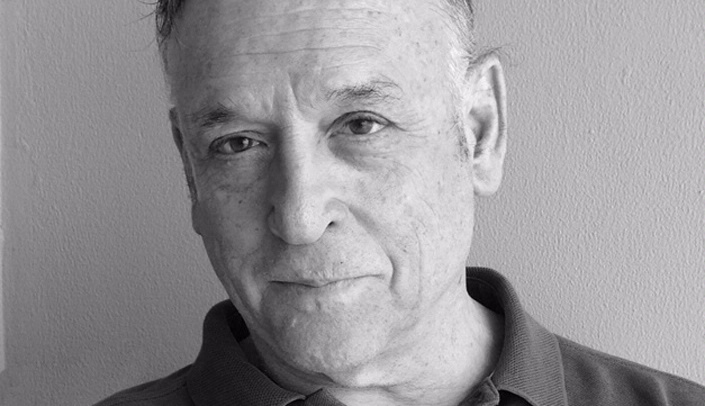Mark Vonnegut, M.D., has experienced life’s ups and downs.
After 19 rejections, he was accepted into Harvard Medical School.
He was hospitalized in his 20s for treatment of bipolar disorder with elements of schizophrenia, graduated from Harvard Medical School in 1979 at age 32 and in 1985 was named Boston Magazine’s No. 1 pediatrician, right before his fourth and most recent breakdown.
The Quincy, Mass., physician will recount his and others’ experiences with mental illness when he delivers the Charles S. and Linda W. Wilson Lecture in Medical Humanities at noon April 22 in the Wittson Hall Amphitheater, Room 3034. The lecture titled, “Great Wits and Madness,” is open to the public as well as to employees, faculty and students. A box lunch will be provided to the first 60 attendees.
“In his courage both to write and to talk openly about his struggles with mental illness, Dr. Vonnegut shows us a human vulnerability from which our profession too often wants to hide,” said Bud Shaw, M.D., professor of surgery and the faculty member who heads the lectureship for UNMC. “Mark’s most recent book is very popular among our medical students, many of whom have never heard of his father.”
Dr. Vonnegut is the son of the famed novelist, the late Kurt Vonnegut, who is best known for his 1969 book, “Slaughterhouse-Five,” an antiwar novel that appeared during peak protesting of American involvement in the Vietnam War.
Dr. Vonnegut’s very popular book, “Just Like Someone Without Mental Illness Only More So,” appeared in 2010, 35 years after the publication of “The Eden Express,” his first memoir exploring the trials of serious mental illness.
“In many ways, it is a follow up to his earlier book,” Dr. Shaw said. “Mark was in the midst of what one could consider an utterly normal and highly successful life as a husband, father and pediatrician when he suffered a surprise attack that threatened everything. His story is one of repeated recoveries from an illness he shows us will never quite be cured.”
